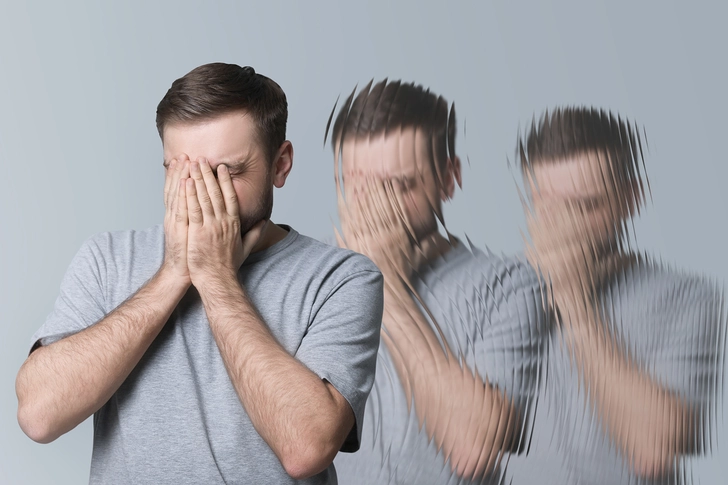- Overview
- Symptoms
- Causes & Risks
- Tests & Diagnosis
- Treatment
- Relapse
- Complications
- Living With
- Caregiving
- Appointment Prep
- View Full Guide
What Are The Phases Of Schizophrenia?


Understanding Schizophrenia
Schizophrenia is a type of mental illness whose symptoms usually occur in phases. In the active stage, your symptoms are most noticeable. You may see or hear things that don't exist or have beliefs that aren't based in reality. You may have trouble thinking and speaking clearly.

Phase 1: Early Signs
This is called the prodromal phase. Friends and family might notice strange behavior. You might want to be alone much of the time and may start to talk only about certain topics, such as religion or the government. This can last for weeks or even years before progressing to the next phase.

Active Phase: Psychosis
The active phase (sometimes called "acute") can be the most alarming to friends and family. It causes symptoms like delusions, hallucinations, and jumbled speech and thoughts.

Residual Phase: Lingering Symptoms
In the residual phase, the intense symptoms of the active phase decrease, but you may have some lingering effects like withdrawal and difficulty concentrating.

Benefits of Treatment
The residual symptoms tend to get worse after each new active stage. Always follow the treatment program your doctors prescribe so you can avoid another episode of the disease.

Seek Treatment Early
Early treatment, with consistent follow-up, works well for many people with schizophrenia. Some people have just one or two episodes in their lives. A combination of medication, talk therapy, and other support can greatly improve mental health and quality of life.
Photo Credits:
1) Yuri A/Shutterstock
2) WPixz/Shutterstock
3) New Africa/Shutterstock
4) fizkes/Shutterstock
5) NTshutterth/Shutterstock
6) Amorn Suriyan/Shutterstock
Australian Institute of Professional Counsellors: “An Overview of Schizophrenia.” British National Health Service: “Schizophrenia.”
Center for Addiction and Mental Health: "Schizophrenia: an information guide."
National Institute of Mental Health: “Schizophrenia.”
U.S. National Library of Medicine: “Schizophrenia.”
Yale School of Medicine: “Phases of Psychosis.”